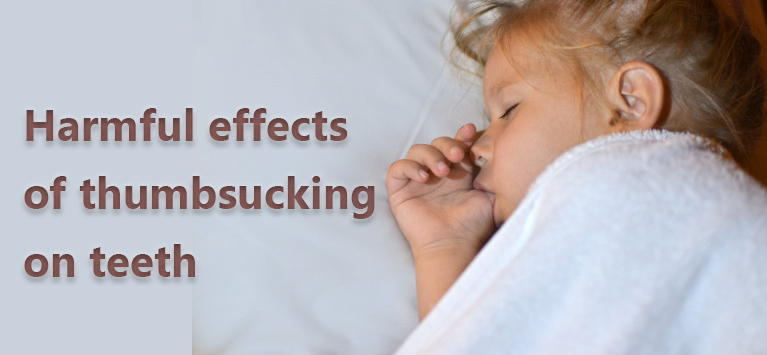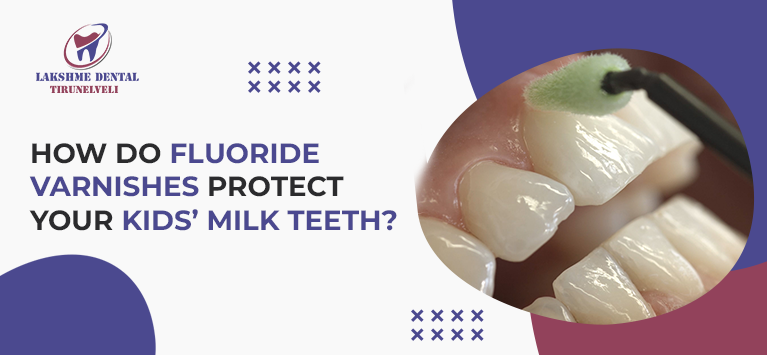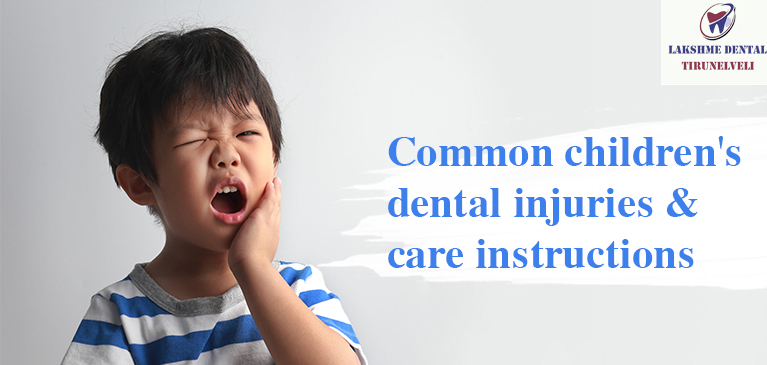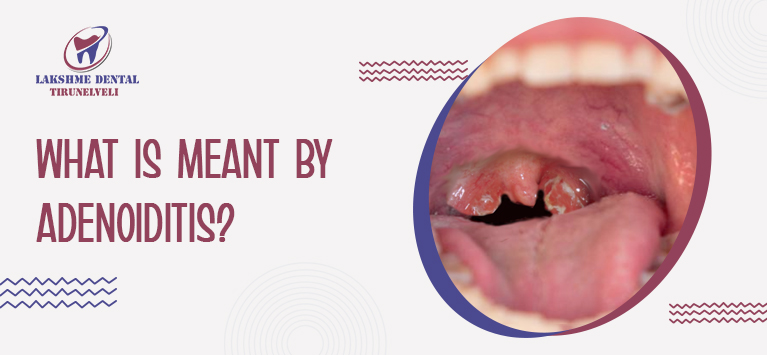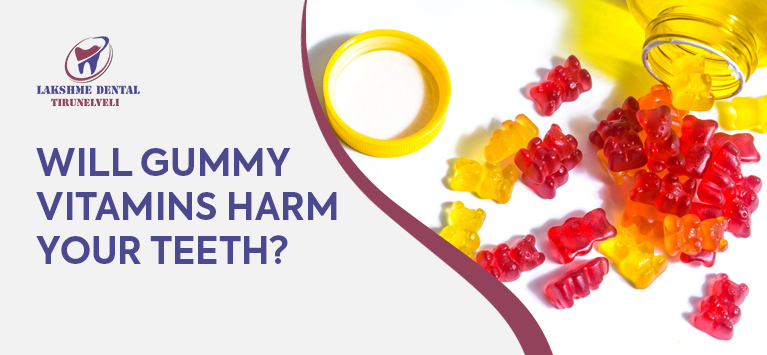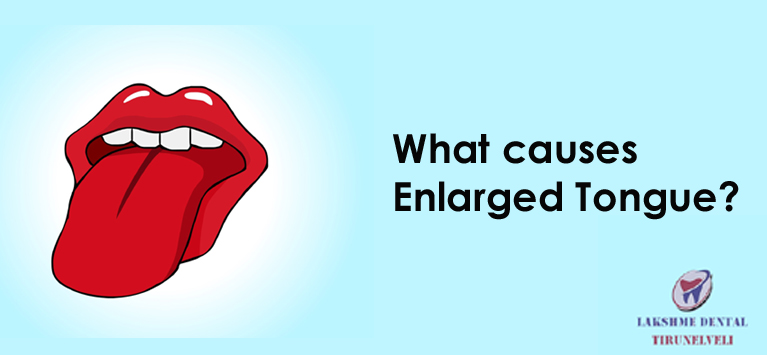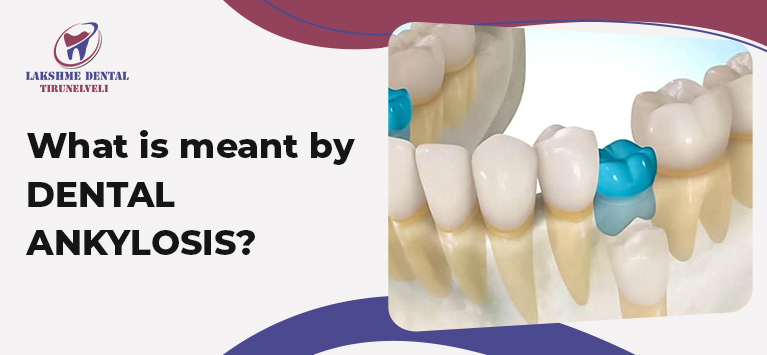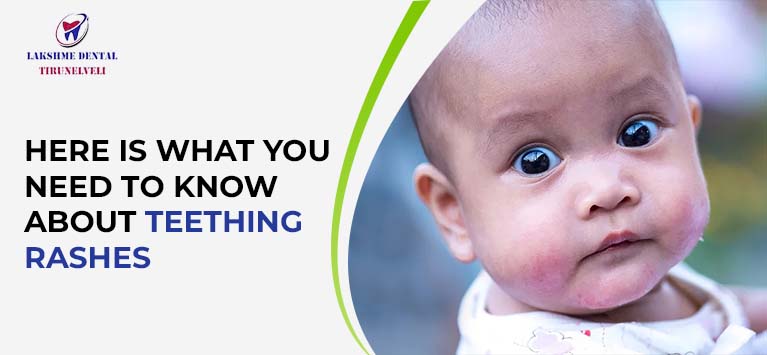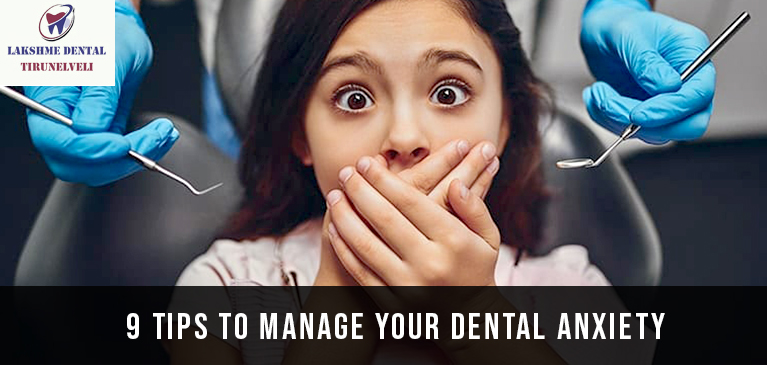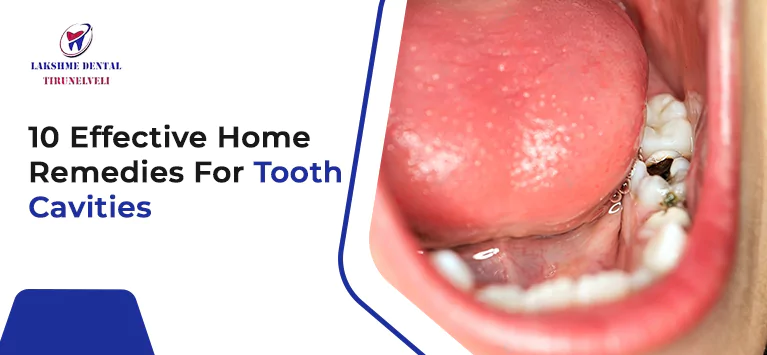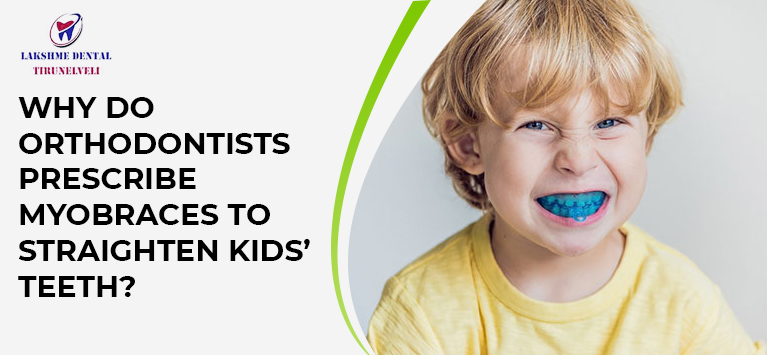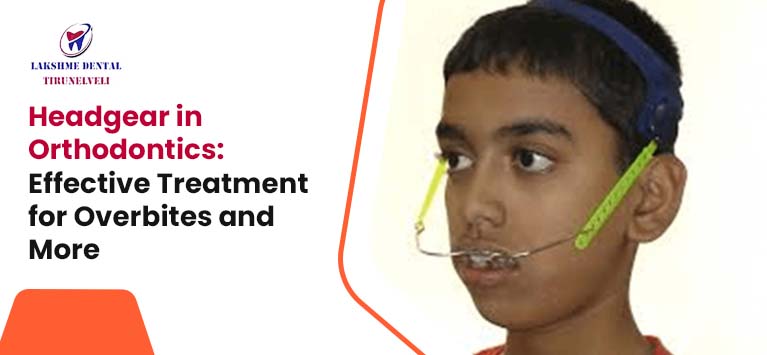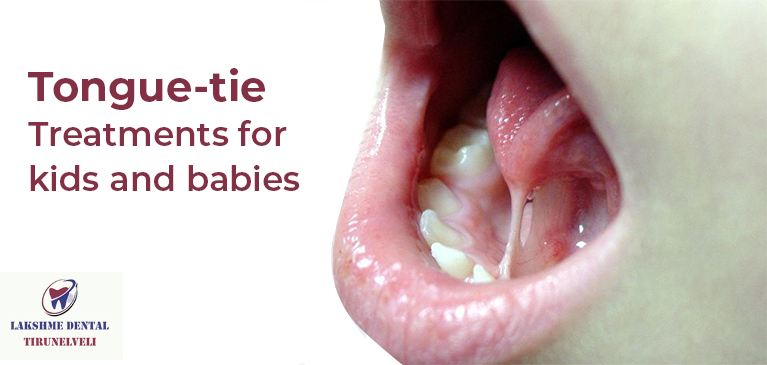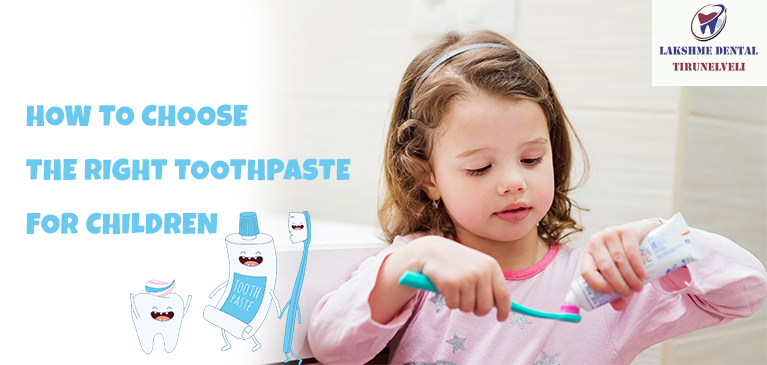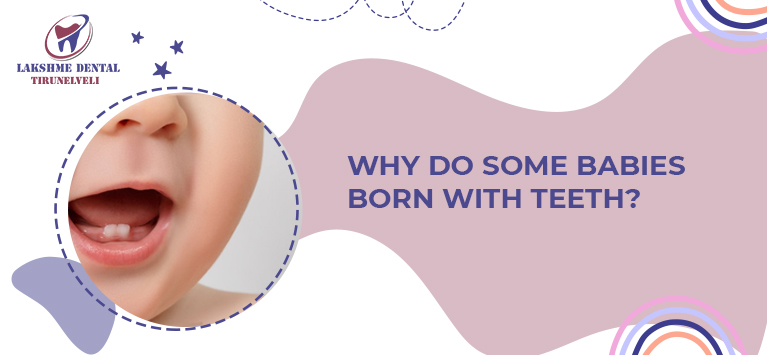
Why Do Some Babies Born with Teeth?
Can a baby be born with teeth? Yes. Occasionally. It is a rare condition and it occurs in one out of 2000 births approximately. In general, the teeth eruption occurs when a baby is aged 6 months. Most people are aware of this fact so that it seems dubious when a newborn is having teeth. Right?
Such teeth that are already present when a baby is born are called natal teeth. Likewise, some infants get their first teeth within the first 30 days and they are called neonatal teeth.
Despite such early teething appears atypical, they are harmless in most cases. Our child dentists have shared more information about this here.
What causes natal teeth?
The root cause of natal teeth is unknown but dentists believe that it occurs as a side effect of certain health problems that affect growth. The possible conditions include:
- Pierre Robin Syndrome
- Sotos Syndrome
- Ellis-Van Creveld Syndrome
- Hallerman-Steriff Syndrome
Such natal teeth and neonatal teeth are seen in infants who have a small slit-like opening in the upper lip. This condition is known as cleft lip and it happens if the tissues in a baby’s face & mouth do not join properly.
On the other, certain external factors such as malnutrition during pregnancy, genetics also increase the risk of natal teeth.
What are the types of natal teeth?
The natal teeth are classified on how well they are developed and their root conditions as follows:
- Loose, fully developed teeth but do not have a solid root structure
- Teeny, tiny teeth in which a small portion of the tooth cusp appear over the gums
- Teeth that do not have roots
Are natal teeth the early erupted milk teeth?
Keep in mind that every individual has 20 primary (milk) teeth that begin to erupt at 6 months of age. Some people have more than 20 baby teeth and they are called supernumerary teeth but researches show that only 10% of natal teeth are the additional number of primary teeth.
Mostly, the natal teeth are smaller than the primary teeth and they are cone-shaped, yellow-colored, and have thin enamel, underdeveloped roots. It means they can be easily distinguished from primary teeth with their atypical size and mobility.
What are the possible problems associated with natal teeth?
The partially developed, loose, and teeny teeth are quite troublesome and will put the baby at risk of some oral difficulties including:
- Cavities
- Tongue injuries
- Feeding difficulties
- Teeth crowding
Similarly, infants with natal teeth have aspiration problems. As the tooth does not have strong support underneath, the child may inhale it accidentally but in rare conditions. If it occurs, the inhaled tooth will obstruct the child’s airways, followed by respiratory issues.
Hence we recommend parents get a pediatric dental consultation if their little champ is born with teeth.
Is it important to remove the natal teeth surgically?
Your child dentist will decide it after assessing the X-ray of the natal or neonatal teeth. If a tooth does not have sufficient root structure or underdeveloped roots, it will be a natal tooth and should be removed.
On the other hand, if a natal tooth has a strong root structure, it will be a part of the primary dentition. It should not be extracted but requires great care.
In essence, contact your dentist if you notice a baby born with teeth or gets a tooth within 1 month of delivery. To know more about this condition, contact our kids dentist in Tirunelveli.

